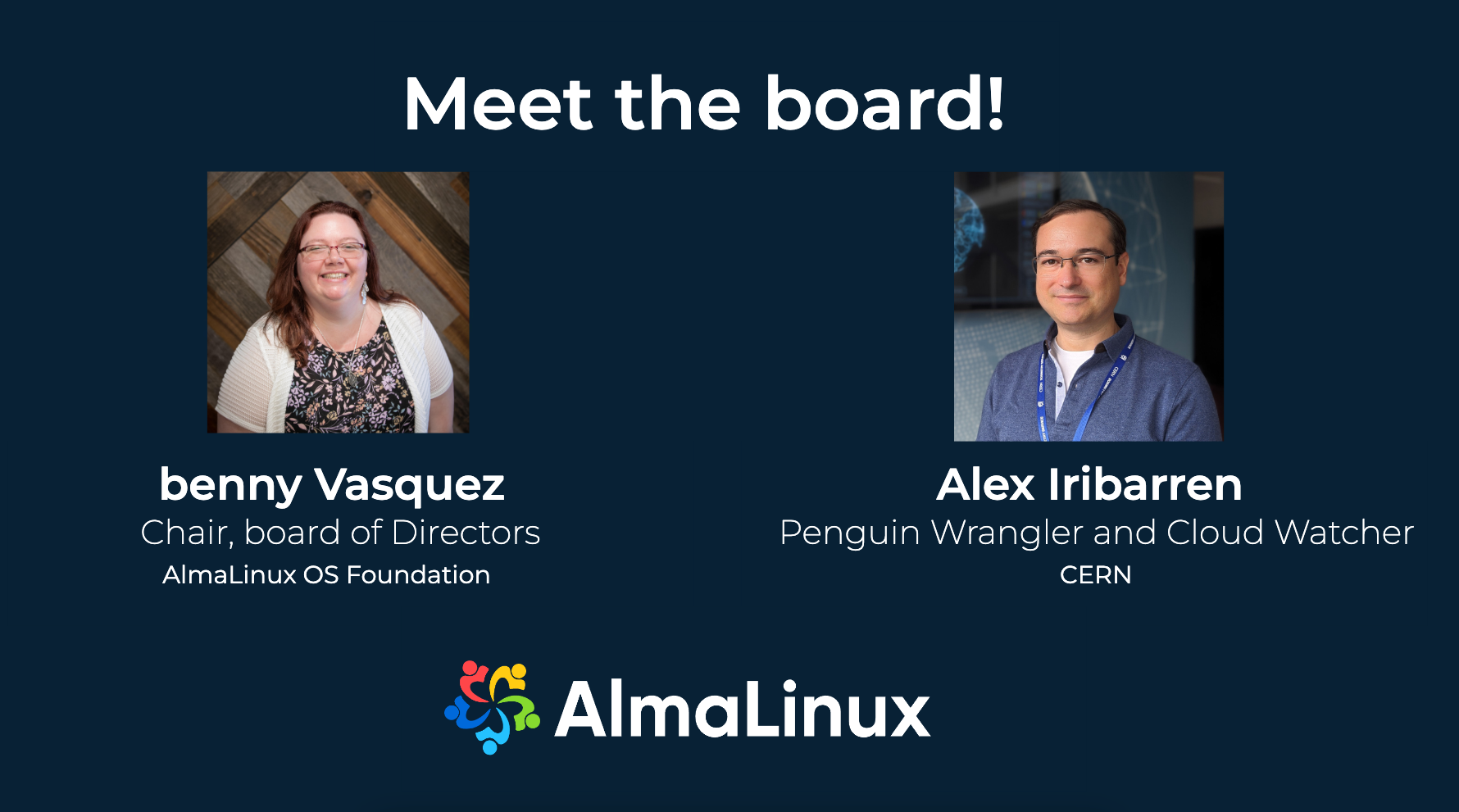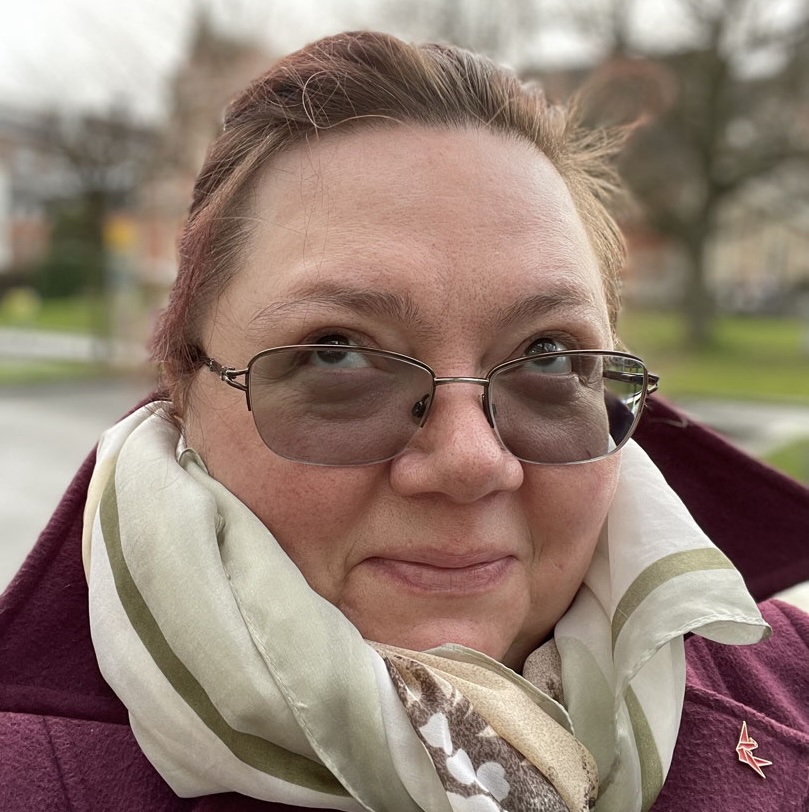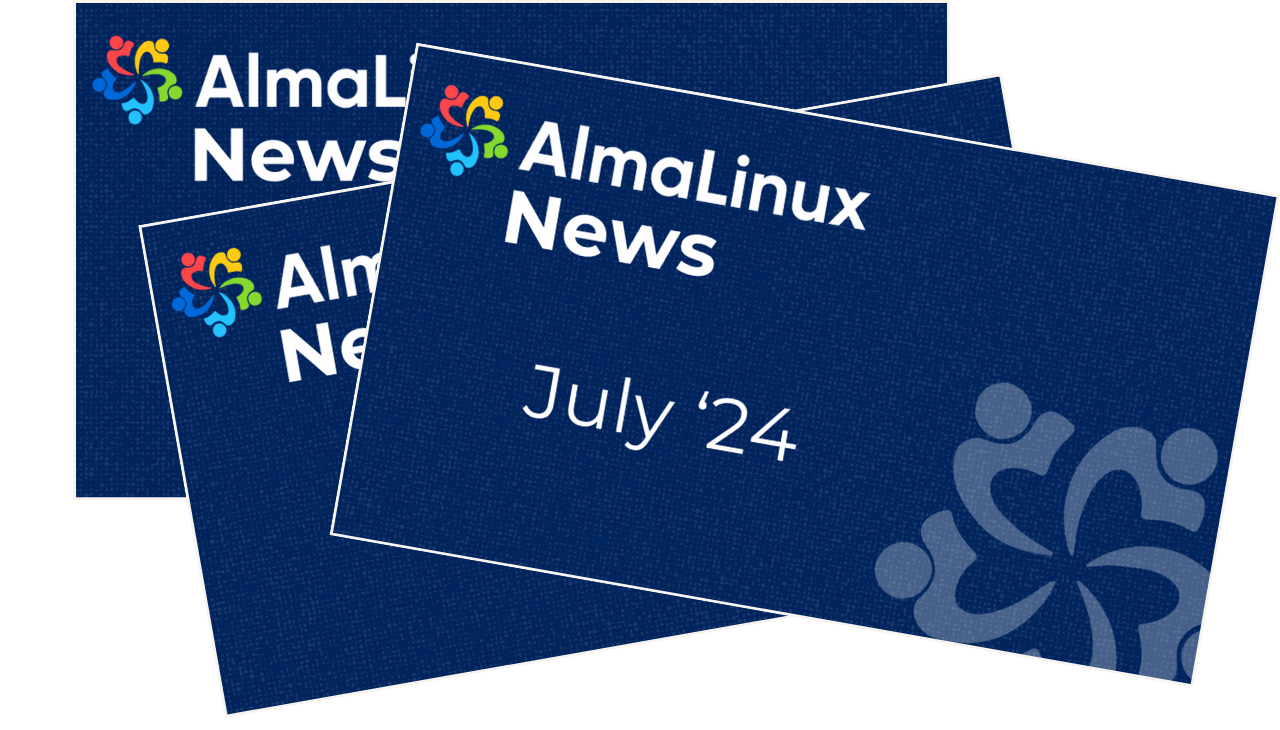
In 2023 we launched a video series in which we have community members answer common questions we’re seeing from the community. This year, we’re starting another video series, this time with the AlmaLinux OS Foundation board members. Our goal with this new series is to better introduce our board to the AlmaLinux community.
For our latest board member Q&A, we interviewed Alex Iribarren. Alex opted for a text-based interview, rather than a video, so you can find the full content below! If you’d like to see the videos of the other members, I’ve included the playlist at the end of this post.
Learn more
The AlmaLinux OS Foundation’s board is community elected, by members of the AlmaLinux OS Foundation. If you use AlmaLinux, contribute to AlmaLinux, or support AlmaLinux in some way, we encourage you to join the foundation. Individual membership is free, because you shouldn’t have to pay to have a voice in the future of something you care about.
If you’d like to learn more about our board and elections, you can check out our Wiki! You can also watch the other videos in this series in this YouTube playlist.
See the other interview blog posts here:
- In September, we interviewed Jack Aboutboul: Meet the board - Jack Aboutboul
- In September, we interviewed Jun Yoshida: Meet the board - Jun Yoshida
We also had a panel of board members at AlmaLinux Day: Germany in 2024 where board members talked about everything from how they got involved in AlmaLinux to their feelings about the future of open source, which you can watch on YouTube Meet the board!
Interview
Q: What got you involved in the world of Linux and/or open source?
Alex: As a kid, I started to learn programming with Basic, Visual Basic and Pascal. As I learnt more and more, I outgrew Windows and started learning Linux and C. Once I switched to Linux, I discovered the world of Open Source. I was amazed at all the useful things people were working on and giving away for free! It was also very empowering, as I could talk to the developers directly, point out bugs or new features that could be useful and even contribute the solutions. For me, this was a very impactful lesson in teamwork and the compounding of collective effort that I’ve carried with me since then.
Q: What was the first Linux distro you used?
Alex: The very first one I installed was SuSE (around 1998), but the first one I used seriously was Gentoo. What better way to learn about Linux than jumping into the very deep end? 😀 Having to compile your own compiler and then build everything else from scratch really teaches you how all the pieces fit together. The semi-regular breakages of critical components during updates also provided valuable learning experiences, though I can’t say I miss it now. 😀
Q: What inspired you to run for election to the AlmaLinux Board?
Alex: I believe there’s a huge need for a truly-free enterprise-grade stable operating system that will be around for the long haul, and AlmaLinux fulfills that need. I was very impressed with their no-drama approach, they just put their head down and focused on doing the job. At the same time, they learnt from the mistakes of the past and set up the Foundation in a way that will avoid them. I believe the AlmaLinux mission is very important and I want to do what I can to help.
Q: How do you or your company give back to open source?
Alex: CERN contributes a lot to the community! Firstly, through our “flagship FOSS projects” (such as CERNbox, CTA, CVMFS, EOS, Indico, Invenio, REANA, Rucio, ROOT, Swan, Zenodo), and hardware projects such as White Rabbit, fostering the communities around them. We published the first open source hardware license in 2011 and we are regularly maintaining and updating it. We regularly contribute to external FOSS communities, such as Openstack, CentOS, AlmaLinux, Puppet, k8s with code and talks about our experience using the products at scale. We host meetups and conferences at CERN, giving the community an excuse to meet. We purchase commercial support contracts from open source companies for project-based or support-based activities around the FOSS components we use (Red Hat, AlmaLinux, Debian, etc.). We started a donation programme to fund KiCad developments in 2014 which has now evolved into a regular support contract. In 2023, we launched an Open Source Program Office in order to help the CERN community be “good open source citizens” with regards to publishing CERN Open Source and using externally-produced open source, to liaise with external bodies and to showcase CERN contributions to open source. And of course, who could forget the invention of the world wide web!
Q: What is the most exciting thing to you about what AlmaLinux is doing, and where do you hope to see AlmaLinux in five years?
Alex: For me, the most exciting thing right now is AlmaLinux’s freedom to improve with respect to RHEL. I think AlmaLinux’s push to bring back support for drivers that Red Hat decided to deprecate is a game-changer, as it allows them to start from RHEL’s already great distribution and make it even better by making it more useful for more people. It really moves AlmaLinux to a new category of distributions within the EL ecosystem, and I’m excited to see how it evolves in the future.
Q: What’s a little background on you?
Alex: I studied Computer Science in Madrid, Spain, and right after finishing my Master’s Degree I moved to Geneva, Switzerland to work at CERN. Initially, it was only going to be for 5 years, but somehow 18 years later I’m still here. I’ve worked in hardware procurement, storage and tape backup, Linux infrastructure and now I’m also getting involved in managing our cloud infrastructure. I love being a part of CERN, collaborating with people from all over the world on such an ambitious mission.
Q: What was your dream job as a kid?
Alex: My dream job as a child was being an astronaut. I was fascinated by space and I thought blasting off on a rocket was about the coolest thing one could do. While waiting to become an astronaut, I’d pass the time playing computer games. At some point, I got hold of a magazine that had an article about MS-DOS QBasic and included a simple program you could copy, and that totally derailed my astronaut career. I haven’t yet given up on the dream of blasting off in a rocket, but now I’m just waiting for the space tourism market to be a bit more affordable. 🙂

